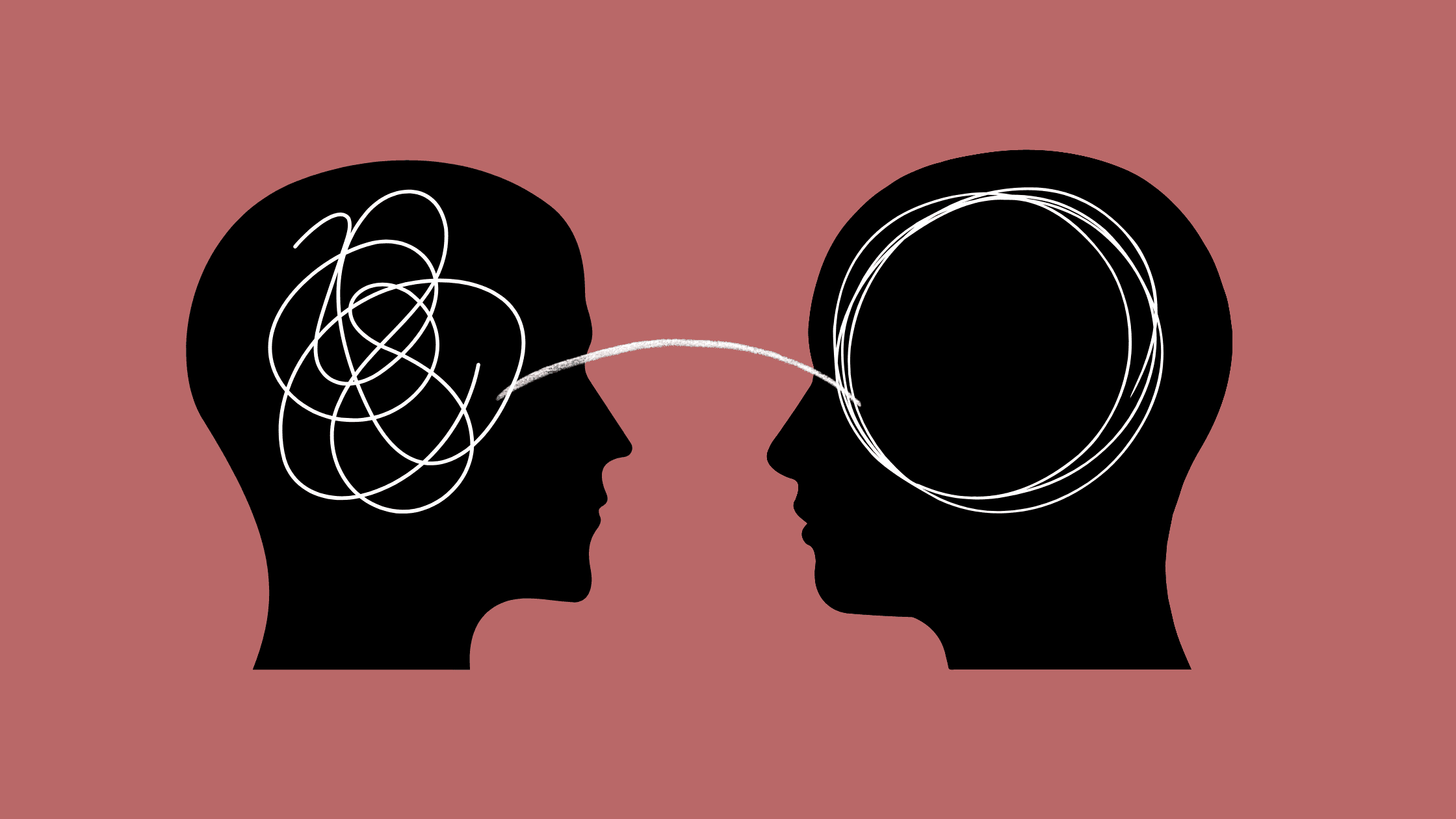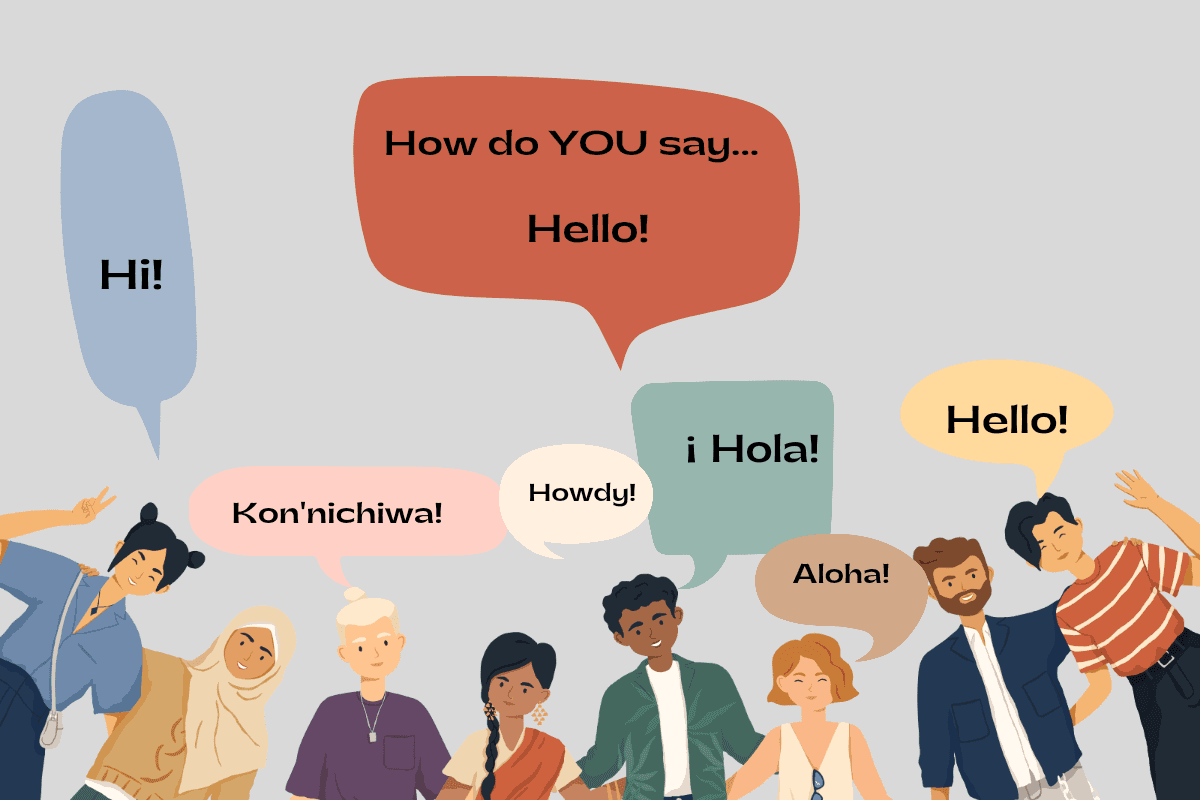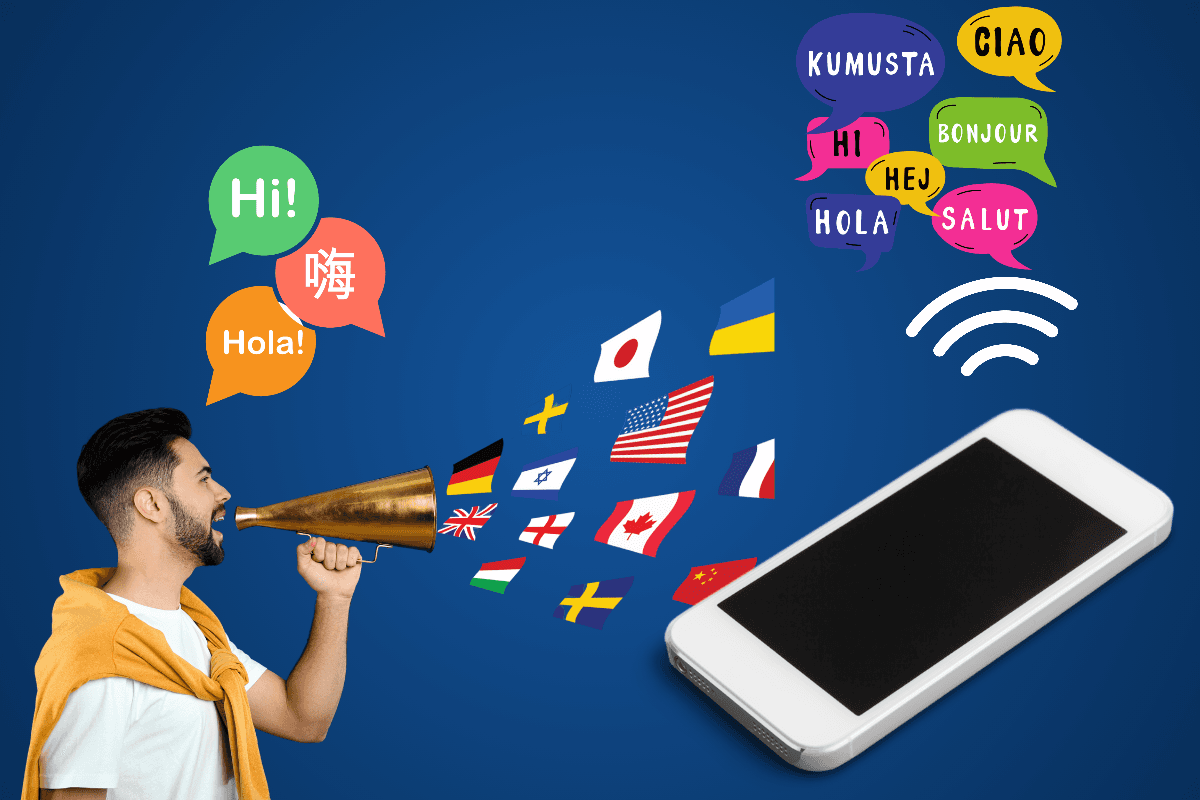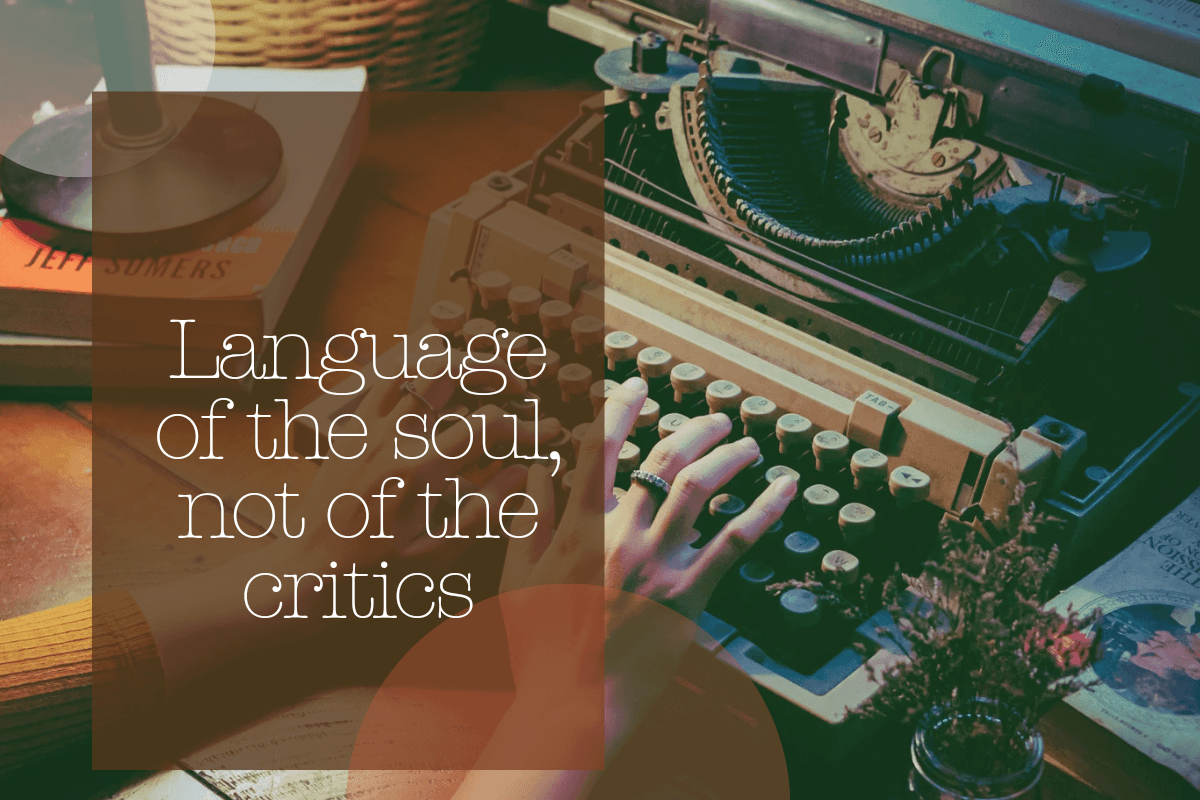Language of the soul, not of the critics
Nov 28, 2024
Yesterday, one of my friends criticised my blog, as usual, for the language I used, suggesting that it was tough. The friend said it was 'not correct' or that I purposely used certain tough words. That was merely his point of view or opinion.
Since I was deboarding a flight at that time I couldn't discuss the same with him. That put me in a bit of an embarrassing situation. Sometimes, our mother tongue or our creativity gives us question marks. I was in a hurry and quietly listened to him as he continuously criticised the language. I couldn’t reply, and he must have thought that I was taking a ghostwriting service. His prejudice did not matter to me, but I wondered whether my blogs were so unreadable. Somehow, with a mix of irritation and humility, I disconnected his call with a half-smile and resorted to rechecking the blog. I didn’t find anything uncommon or unreasonable in it.

The so-called flow of language may or may not be correct for a reader. But for me, that was readable and perfectly what I meant in the very language I thought. I rarely take anyone’s support to write blogs or articles but follow the professional standard of getting them copy-read by a skilled copy-editor with thorough knowledge of the English language. A reader rarely knows how the writing profession functions. As far as my book writing is concerned, I seek professional support from the most experienced copy-readers for fact and grammar checking like any other author does. I follow the best practices of the profession and keep learning every day as a passionate writer.
I migrated to Mumbai many years ago. When I came here, the language was not in my grasp. That posed a tough question on my career. Except for my mother tongue, I didn’t know any language. English was a stranger to me like most of my natives used to feel! I never tried to become friendly with it. I learned Hindi more quickly, as it was necessary for my survival in Mumbai. Later, I realised that knowledge of English was a must to grow professionally. I stopped reading my favourite Malayalam books and switched over to reading only The Times of India and English books. Slowly, I learned to think in English. My language skills began to improve. I could finally face the elite business world with pride. I started talking in English optimistically and began to attend corporate meetings, which made the task of building my organisation easier. I always believe our language should convey a message as simply as possible without any verbosity. At the same time, our approach towards another language should be distinct.

I understand that the two languages – English and Malayalam - have completely different bases and cultures. If we try to read English using the sense of our mother tongue, it will not be easy to read fluently and understand thoroughly due to the structural variation of the two languages. People usually have to convert their minds into the soul of the language they write. That means a Malayali needs to change his language approach towards a language that is not his instinctive language. I understood this secret. Unlike me, my editor, Udayakumar, is like Shashi Tharoor in English. He has a vast knowledge of the language. He wrote an amazing English Grammar book. However, he cannot speak the way Tharoor speaks. But I’m sure, he could have been better than Tharoor if English was his instinctive language.
Every language is different in terms of structure and idioms. The grammar and syntax of each language are different. Their genes and morphology are different, just like the human species. So, I firmly believe if you wish to learn any language thoroughly, then you should go to the root to understand how the natives use it. That way, simpler phrases, including idioms, are tougher than the words we believe, are truly tough. Once we learn how the natives use the words and structures, it is easy to adapt the language though not as instinctively as our mother tongue. I accept my friend’s constructive criticism and am passionate about learning more. At the same time, one should know the language of the product –called a glossary. Then reading becomes easier and the meaning simpler.

We live in a world where language barriers are no longer a concern. There are apps for speech-to-text conversion and onscreen converters for reading in the language we choose. Google easily translates any text into the languages of our choice. Meetings with even Chinese and Japanese speakers have become easy. You can be a bilingual writer. However, you need to improve your language skills to present your imagination and viewpoint.
One can learn a lot through associating with the best professionals – perhaps through criticism also, as that may prompt him to do a self-assessment and reconciliation. I believe in conveying messages in the same language I want which can ensure the delivery of better effectiveness – not through the words critics may prescribe or desire.

SAJIKUMAR
Share
Comments
